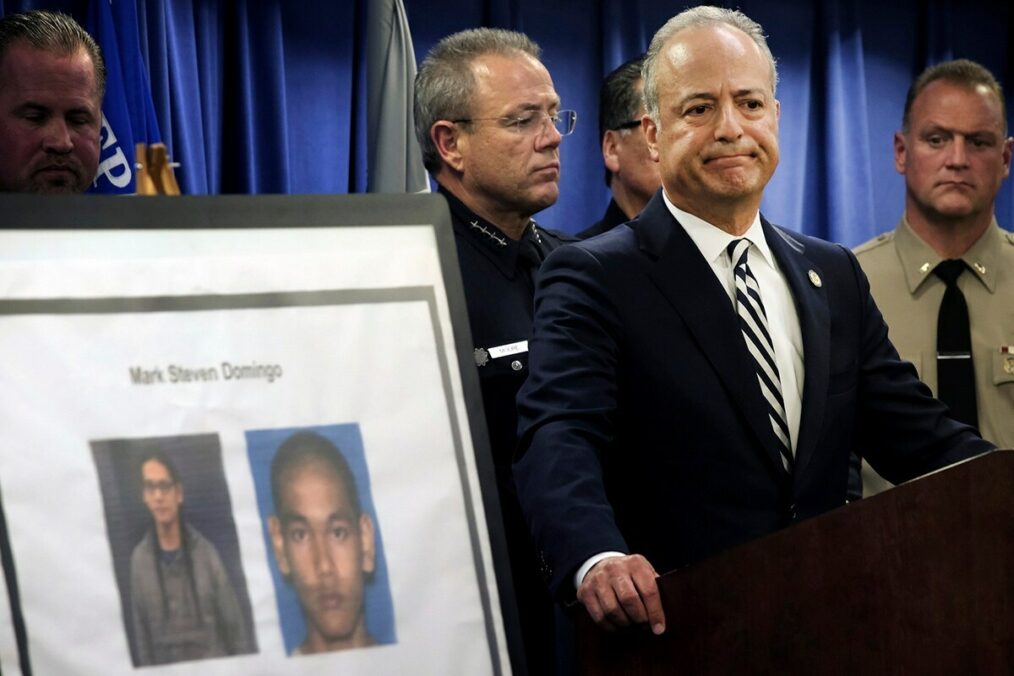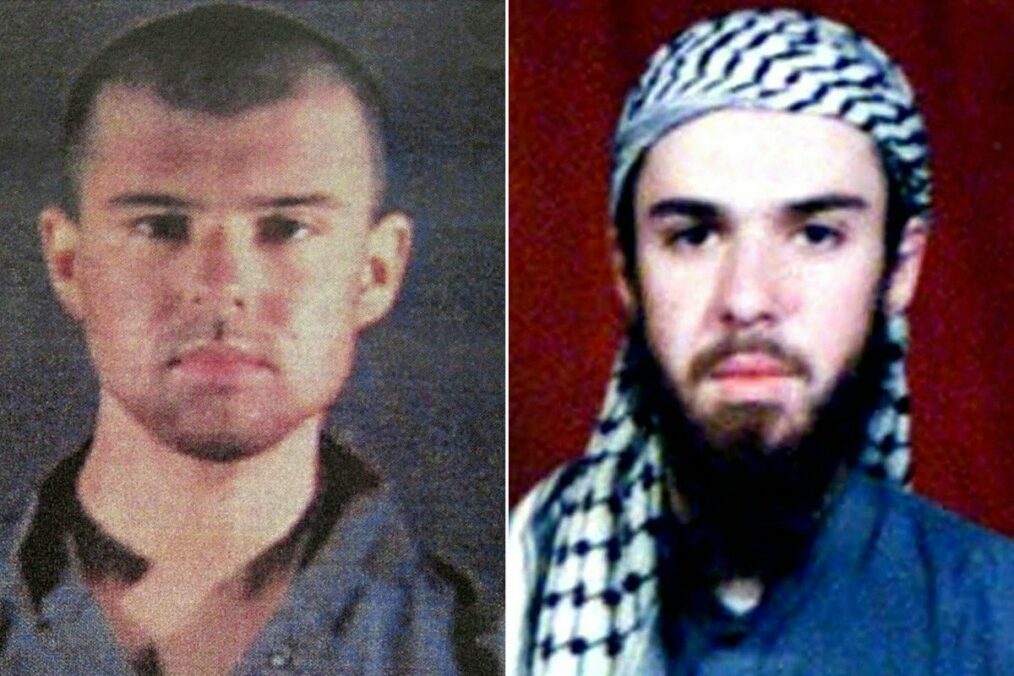On April 26, 2019, Federal Bureau of Investigations (FBI) officials arrested former United States Army Private Mark Steven Domingo. He stood accused of plotting to detonate an explosive device with the intent of causing a mass casualty event. Domingo, who resides in the small neighborhood of Reseda in California’s San Fernando Valley, planned on targeting a reported white nationalist rally in Bluff Park, located in Long Beach on April 28, 2019. But how did the 26-year old veteran end up at this point?
Information about Domingo and his background is preliminary. However, numerous sources, some reportedly close to the accused came forward and made some key statements that may shed some light on the psyche of the would-be terrorist.
Domingo served in the US Army from November of 2011 to February of 2013. Included in this time was a relatively brief stint in Afghanistan from September of 2012 to either January or February of 2013. Domingo’s time in Afghanistan, and the US Army, was cut short due to a behavioral infraction. Officials did not reveal the nature of the incident, but did indicate that it was a serious offense. Unnamed sources state that it was violent in nature and Domingo found himself back in the United States shortly after. He was issued a general discharge within weeks; one-step lower than an honorable discharge.
After his discharge, it is believed Domingo enrolled in some college-level courses at a local college. It is believed that he did not graduate. There is a large gap in the information about Domingo from this point until late in the fall of 2018. From here, his younger brother James and a self-described ex-girlfriend of Domingo provided some insight to reporters. According to his sibling, Domingo converted to Islam in the fall of 2018 or in early 2019 and started to attend prayers at a local mosque which practiced Sufism—a form of Islamic mysticism. Until the time of his arrest, James believed his brother’s sudden focus on religion was a positive development that offered some guidance in his life. James did not elaborate on his choice of words, but one would be led to assume that this referred to some type of turmoil in Domingo’s personal life.
Domingo’s family situation, as described as James, further represents a source of stress. James stated that his brother lived with him, their aunt, and grandmother. The siblings parents do not appear to be in the picture as James stated that he was not sure if they knew of the arrest and charges.
The reported ex-girlfriend of Domingo stated that his conversion to Islam corresponded with her having a miscarriage, indicating that the child was conceived with Domingo. This unnamed female further stated that Domingo worked as a sales representative at a security company where he was unhappy. Additional family members stated in a letter addressed to the media that there was members of the family who were ill and needed their attention, requesting privacy in the wake of these allegations.
Law enforcement officials first became aware of Domingo and his extremist views via online chatrooms. While it was not made immediately clear what exactly Domingo expressed in this chatrooms, officials state that they began surveillance on him almost immediately. Undercover law enforcement officials began conversing with Domingo through various means and captured numerous incriminating statements. Domingo stated that he wanted to engage in “violent jihad against the United States”, listing numerous targets from Jewish religious establishments to police officers. Domingo additionally referenced the New Zealand Mosque shootings as a motivator to launch an attack. Interestingly, Domingo stated that he would pledge allegiance to the Islamic State, but only if the group established a presence in the United States.
Unbeknownst to Domingo, he began to plot his attack with undercover FBI agents. Eventually, one of these agents offered Domingo an inert explosive device which he accepted. Domingo potentially and briefly reconsidered launching an attack. In a series of messages with undercover agents, Domingo considered postponing the attack until he had finished the Quran, also stating that he desired to experience Ramadan. Domingo stated that he would sleep on it, but gave the go ahead for attack preparation to continue the next day. When asked what he wanted to accomplish with his attack, Domingo stated “Martyrdom, bro”. Currently, the facts available are insufficient to produce a full analysis of the radicalization process of Domingo. What is known about Domingo that may have indicated a vulnerability towards radicalization though?
It appears that Domingo had an unstable family situation, at least for some years. It is unclear whether his parents are the ones described as ill by family members, but they have not been living with Domingo for some time. After exhibiting what was described as a serious violent incident, Domingo was discharged from the military. In recent years, Domingo was dissatisfied with his employment, perhaps thinking he deserved a better job and feeling underappreciated. If the unnamed female who identified herself as Domingo’s ex-girlfriend is genuine, Domingo suffered two recent stressors – the miscarriage of a child and, by the designation of ex-girlfriend, a break up.
These accumulated incidents by no means justify Domingo’s actions or beliefs. They do, however, show a potential chipping away at the psyche of an individual who already exhibited violent tendencies. Time will tell further details as his the case moves through legal proceedings. Domingo is facing a maximum of 15-years in prison, thus, unfortunately, this may not be the last we hear of Mark Steven Domingo.



